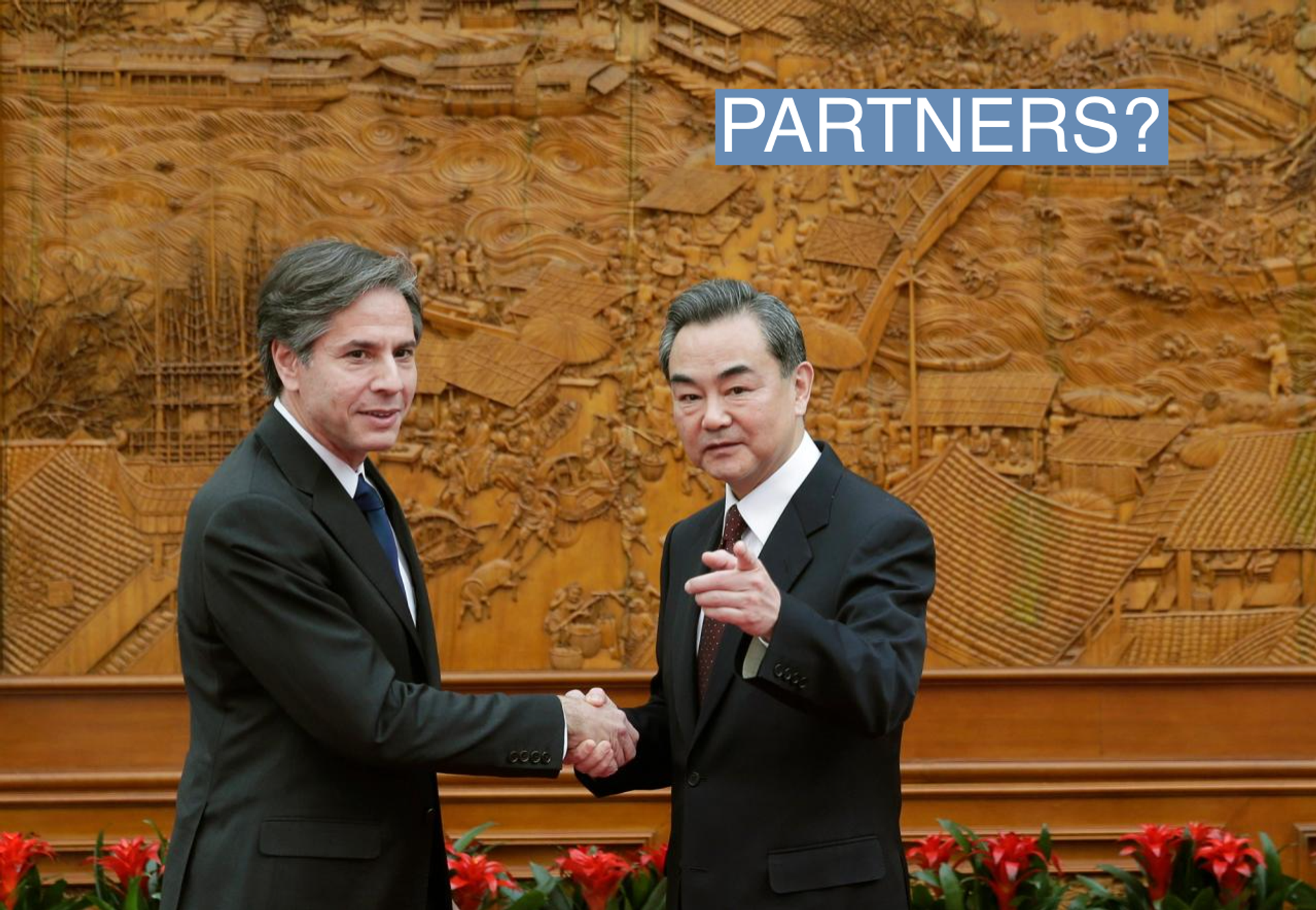The Scoop
The Biden administration plans to ask China to resume its help combatting the fentanyl trade, following a months-long collapse in cooperation between Washington and Beijing on drug enforcement.
Secretary of State Antony Blinken intends to raise the issue as a top subject for discussion the next time he meets his Chinese counterpart, according to senior Biden administration officials. Blinken’s planned February visit to Beijing was postponed after the U.S. detected a Chinese spy balloon over American airspace, and a new trip has yet to be announced.
China is the primary source of precursor chemicals used to produce the illicit fentanyl flooding the United States, according to senior U.S. drug enforcement officials. Beijing ceased all counter-narcotics cooperation with the U.S. last August, earning an angry rebuke from the White House, after then-House Speaker Nancy Pelosi visited Taiwan.
But Biden officials believe that teaming up again to stem the global flow of synthetic opioids could serve as a rare issue — along with climate change and global health — that helps place a “floor” on a U.S.-China relationship that’s spiraling downwards in most areas.
They point to Beijing’s past cooperation on narcotics as a reason for cautious optimism. In 2019, for instance, China banned all direct fentanyl exports to the U.S.
Since then, Chinese chemical and shipping companies have begun selling their wares to Mexican organized crime groups, including the Sinaloa cartel, that manufacture the final drugs, according to the U.S. drug enforcement officials. The relationship was highlighted in January, when the Treasury Department sanctioned three Sinaloa members who worked with a Shanghai company to move precursor chemicals.
Synthetic opioids, including fentanyl, are now a leading cause of death for Americans under 45.
Jay’s view
With U.S.-China relations in disarray post spy-balloon, there are ample reasons to be skeptical that diplomacy on fentanyl will turn the tide.
Recent U.S. administrations have sought China’s cooperation on a range of national security issues, from sanctions on North Korea and Iran to the war in Ukraine. In most cases, Beijing has provided limited help, but only with a quid pro quo attached.
In return for China’s help stamping out narcotics, the U.S. would likely have to offer something similarly significant — like tempering efforts to deny Beijing access to cutting edge technology.
It’s not clear the U.S. is ready to trade China anything that substantial, making the prospects for a breakthrough seem slim.
“The U.S. thinks it can pick and choose which issues it can cooperate with China on,” said Vanda Felbab-Brown, a senior fellow at the Brookings Institution. “But Beijing has repeatedly said, ‘no.‘”
There is at least one factor weighing in the Biden administration’s favor, however. Cooperating on fentanyl might arguably be in Beijing’s own self-interest, because Congress’s outrage over the drug crisis is moving it to take steps that could damage Chinese businesses.
For instance, Sens. Lindsey Graham of South Carolina and John Kennedy of Louisiana unveiled a bill this month that would designate Mexico’s Sinaloa and Jalisco drug cartels as foreign terrorist organizations. The Chinese chemical companies who supply them with raw materials for fentanyl production would be opened up to U.S. prosecution and sanctions, as a result.
The Biden administration has sanctioned China-based individuals under the U.S.’s Kingpin Act, which targets narcotics traffickers. In 2020, the Treasury Department designated four men for allegedly using China and Hong to procure and ship fentanyl.
The View From Beijing
The Chinese government has described its past counter-narcotics cooperation with the U.S. as generous. In recent months, government and state-run media have aggressively portrayed the fentanyl crisis as a product of American decadence and the power of the U.S. pharmaceutical industry.
“The United States should stop making unwarranted accusations against China and undermining China-U.S. counter-narcotics cooperation,” a February 23 government report titled “Drug Abuse in the United States” reads. “Even less should it mislead the public and shift its responsibility for ineffective response to drug abuse at home onto others.”
A spokesman for the Chinese embassy referred Semafor to this white paper when asked about engagement on fentanyl trafficking.
The View From Foggy Bottom
U.S. officials have outlined in recent months actions they hope China will take to help curb the fentanyl trade. This could build, they say, on the 2019 fentanyl designation and previous joint U.S.-China investigations that won convictions of fentanyl traffickers in Shanghai and in Hebei province.
Among these new steps Blinken could raise when he makes it to Beijing: A list of unregulated Chinese chemicals used to create precursor chemicals; proper labeling of chemical and equipment shipments so that they align with WTO rules; and the implementation of “know your customer” procedures for chemical shipments. U.S. officials have also talked of forming a coalition with other countries threatened by the fentanyl surge, particularly in Europe and Southeast Asia.
Room for Disagreement
Some see Beijing’s inaction as less indifference and more a purposeful strategy that the U.S. should fight with more sanctions and indictments against Chinese nationals.
David Asher, who led an inter-agency task force during the Trump administration to combat Sino-Mexican fentanyl trading and money laundering, believes the U.S. needs to treat the fentanyl crisis much more as a national security and law-enforcement problem.
“They’re doing this on purpose,” Asher said, referring to his belief that Beijing is purposefully allowing the fentanyl precursors to flow. “It’s a reversal of the Opium Wars,” he added, comparing it to the British Empire’s 19th century role in distributing opium in China.
Notable
- Is China’s government directly involved in the fentanyl trade? The story of the Chinese-American gangster Xizhi Li documents the links between the Mexican cartels, Chinese organized crime and officials and entities inside China.
- Chinese organized crime has also infiltrated Canada and fed the narcotics trade into the U.S.
